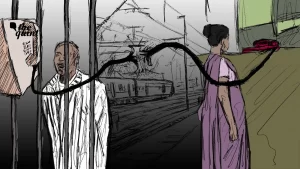To become a just society, strike a balance between firm and fair law enforcement
The rule of law has two extremes: a failed State and a police State. A failed State loses control over law and order as its monopoly slips over the use of physical force. The latter commands complete control, but ends up abusing State machinery for repression. Both extremes suffer from a deficit of legitimacy
A just society must strike a balance between firm and fair enforcement of the law. The police have to control crime, uphold the law and maintain harmony. But how do we know if the criminal justice system is fair and effective? Do we have access to accurate diagnostics to check if things are improving or flagging?
Most advanced democracies carry out satisfaction surveys to capture citizens’ perceptions of police performance, competence and behaviour. It is routine in the Western world to carry out large surveys on citizens’ trust in the justice system. The New York-based Vera Institute of Justice has been using citizens’ feedback since 1961 to make sense of what is and what ought to be.
Another important study, the World Justice Report, measures the rule of law across 126 countries. It uses data and surveys to measure the perceptions and experiences of citizens on multiple parameters. Sadly, India has slipped three points below its performance last year amid a global decline in the rule of law. Rising incidents of mob lynching and fake police encounters may have played a role in this decline.




